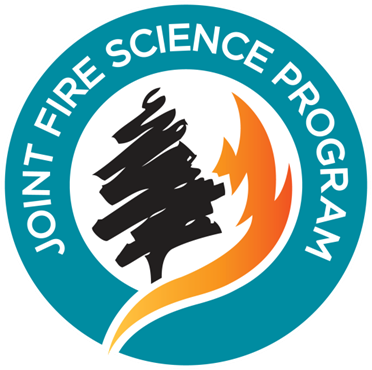Evidence of fuels management and fire weather influencing fire severity in an extreme fire event
| Title | Evidence of fuels management and fire weather influencing fire severity in an extreme fire event |
| Publication Type | Journal Article |
| Year of Publication | 2017 |
| Authors | Lydersen, JM |
| Secondary Authors | Collins, BM |
| Tertiary Authors | Brooks, ML |
| Subsidiary Authors | Matchett, JR, Shive, KL, Povak, NA, Kane, VR, Smith, DF |
| Journal | Ecological Applications |
| Volume | Online early |
| Keywords | fire weather, fuels and fuel treatments, technical reports and journal articles |
| Abstract | Following changes in vegetation structure and pattern, along with a changing climate, large wildfire incidence has increased in forests throughout the western U.S. Given this increase there is great interest in whether fuels treatments and previous wildfire can alter fire severity patterns in large wildfires. We assessed the relative influence of previous fuels treatments (including wildfire), fire weather, vegetation and water balance on fire severity in the Rim Fire of 2013. We did this at three different spatial scales to investigate whether the influences on fire severity changed across scales. Both fuels treatments and previous low to moderate severity wildfire reduced the prevalence of high severity fire. In general, areas without recent fuels treatments and areas that previously burned at high severity tended to have a greater proportion of high severity fire in the Rim Fire. Areas treated with prescribed fire, especially when combined with thinning, had the lowest proportions of high severity. Proportion of the landscape burned at high severity was most strongly influenced by fire weather and proportional area previously treated for fuels or burned by low to moderate severity wildfire. The proportion treated needed to effectively reduce the amount of high fire severity fire varied by spatial scale of analysis, with smaller spatial scales requiring a greater proportion treated to see an effect on fire severity. When moderate and high severity fire encountered a previously treated area, fire severity was significantly reduced in the treated area relative to the adjacent untreated area. Our results show that fuels treatments and low to moderate severity wildfire can reduce fire severity in a subsequent wildfire, even when burning under fire growth conditions. These results serve as further evidence that both fuels treatments and lower severity wildfire can increase forest resilience. |
| DOI | 10.1002/eap.1586 |




